Disclosure: This article contains affiliate links. We may earn a commission from purchases at no extra cost to you, which helps our travel content.
When the opportunity arose to participate in a judicial conference in Pakistan last fall, I knew this wasn't just a professional development opportunity – it was a chance to expand my daughter Amara's worldview. Traveling as a single father means carefully balancing adventure with responsibility, especially in destinations less frequented by Western tourists. After arranging for Amara to stay with her grandparents back in Ohio, I embarked on what would become one of my most enriching solo cultural immersions. Lahore – Pakistan's cultural heart – surprised me at every turn with its warmth, complexity, and vibrant energy that defies the limited narratives often portrayed in Western media. As someone who weighs evidence professionally, I found myself constantly reevaluating my preconceptions about this remarkable city where ancient traditions seamlessly blend with contemporary life.
Preparing for Lahore: Beyond the Guidebooks
Before any international journey, I approach research with the same thoroughness I apply to legal cases. Pakistan requires more preparation than your average destination, particularly regarding visas, security considerations, and cultural norms. The visa process was straightforward but time-consuming – I recommend applying at least 8 weeks before departure through Pakistan's online system, followed by submission of physical documents to your nearest consulate.
While many travelers rely solely on State Department advisories (which tend toward caution), I found balancing these with firsthand accounts from recent visitors provided a more nuanced picture. The Pakistan travel guide offered valuable context about Lahore's history and culture, though some practical information was outdated. More valuable were Pakistani travel bloggers and the r/Pakistan subreddit, where locals generously answered my specific questions.
Language preparation proved essential. While English is widely spoken among educated Pakistanis, learning basic Urdu phrases demonstrated respect and opened doors to more authentic interactions. I spent 20 minutes daily for two months using a language app, focusing on greetings, numbers, and food-related vocabulary. The effort paid dividends in the genuine appreciation shown by locals.
As for packing, Lahore's fall temperatures fluctuate between warm days and cool evenings. I brought lightweight, modest clothing that covered shoulders and knees, including a couple of traditional kurtas purchased online that helped me blend in while exploring less touristy neighborhoods. My travel security wallet provided peace of mind for carrying documents and extra cash, as ATMs aren't always reliable.
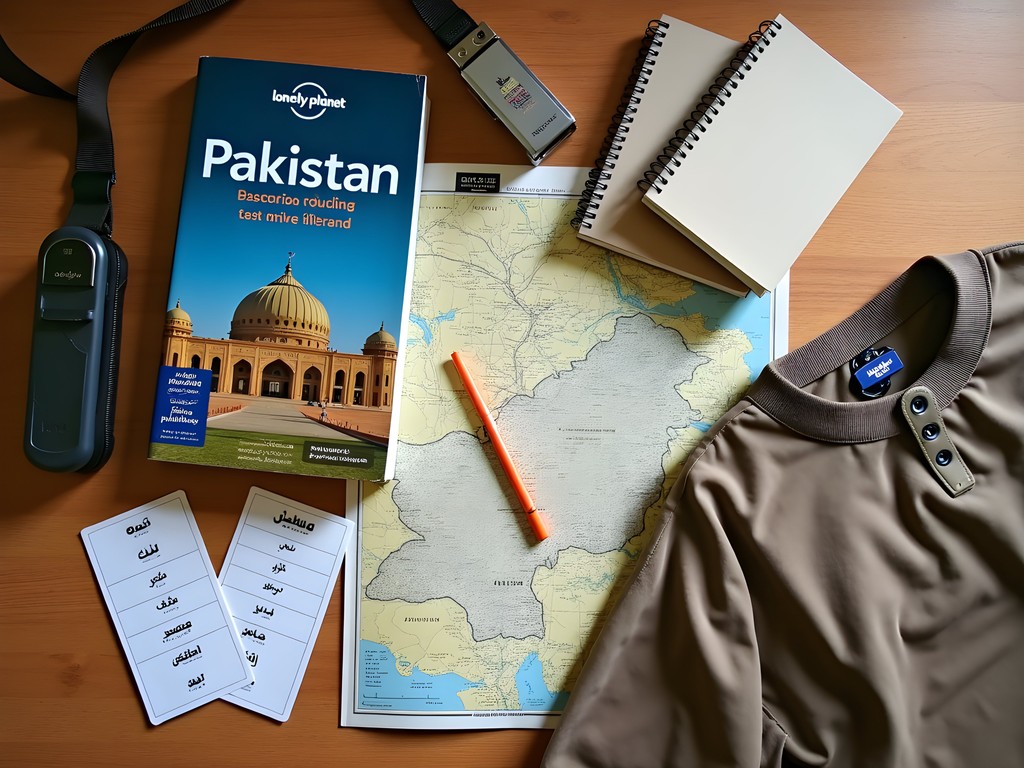
💡 Pro Tips
- Apply for your visa at least 8 weeks before travel
- Learn basic Urdu phrases – even simple greetings earn tremendous goodwill
- Pack modest clothing that covers shoulders and knees regardless of gender
Navigating Lahore's Old City: A Sensory Courtroom
If cities were legal cases, Lahore's Walled City would be the complex historical evidence that requires careful examination from multiple angles. Dating back to the Mughal era, this labyrinthine district presents a compelling argument for Pakistan's cultural richness. My first morning, I joined the Walled City of Lahore Authority's guided walking tour – an investment that provided crucial context through a knowledgeable local guide named Tariq.
The Delhi Gate served as our point of entry into this living museum where narrow galis (alleyways) unfold like chapters in a fascinating historical document. Unlike the sterile preservation of many historical districts worldwide, Lahore's Old City pulses with authentic daily life. Spice merchants weigh fragrant treasures on antique scales, craftsmen practice centuries-old trades, and food vendors create symphonies of sizzling delicacies.
The architectural testimony is equally compelling. The intricate tile work of Wazir Khan Mosque left me speechless – its 17th-century mosaics and calligraphy more vibrant than any photograph could capture. Nearby, the Shahi Hammam (Royal Baths) offered fascinating insights into Mughal bathing rituals through recently restored frescoes.
Navigating these narrow streets requires comfortable footwear and awareness of motorbikes that somehow squeeze through impossibly tight passages. My crossbody daypack proved ideal for carrying essentials while keeping my hands free for photography and street food sampling.
Speaking of which – the street food scene here constitutes its own compelling evidence of Lahore's cultural significance. I built trust with vendors by observing which stalls attracted locals and had high turnover. This strategy led me to the transcendent nihari (slow-cooked beef stew) at Waris Nihari and life-changing lassi at Gawalmandi Food Street. As a judge of flavor, I must declare these among the finest culinary experiences of my travels.
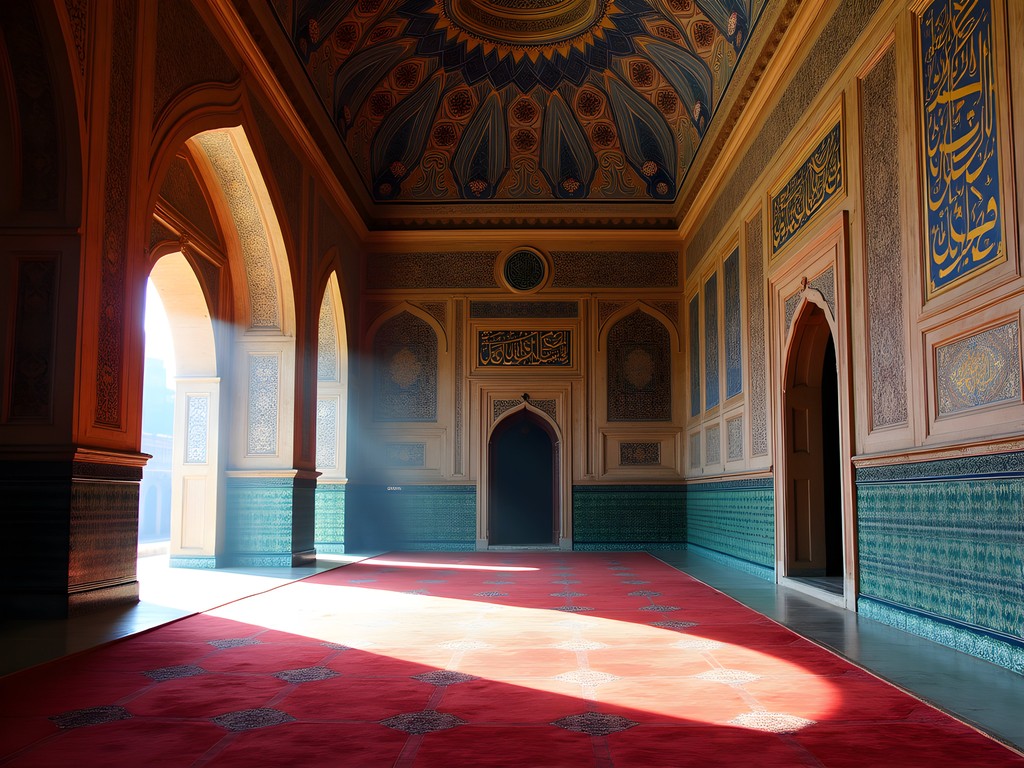
💡 Pro Tips
- Book the official Walled City Authority tour for historical context and access to restricted areas
- Visit Wazir Khan Mosque early morning (around 8am) to avoid crowds and capture the best light
- When trying street food, look for busy stalls with high turnover and visible cooking processes
Building Cultural Bridges: Connecting Beyond Tourism
The most meaningful evidence in understanding a culture rarely comes from monuments or museums, but from genuine human connections. As a judge, I've learned that listening often reveals more truth than speaking – an approach that served me well in Lahore.
My judicial background provided a unique conversation starter. When appropriate, I mentioned my profession, which led to fascinating discussions about comparative legal systems with Pakistani colleagues. One such conversation at Lahore University's Law Department (where I was invited to give a guest lecture) evolved into an invitation to a family dinner – an experience no amount of tourism could replicate.
That evening with Professor Anwar's family offered insights into Pakistani hospitality that textbooks could never convey. Three generations gathered around a table overflowing with home-cooked specialties, each with a story. Their genuine interest in my life as a single father created a bridge of understanding across seemingly different worlds. When I showed photos of Amara fishing at our favorite Ohio lake, the universal language of parental pride needed no translation.
Another meaningful connection came through an unexpected source – cricket. Despite knowing nothing about this sport that inspires religious devotion across Pakistan, I expressed genuine curiosity. This led to an impromptu cricket lesson in Lahore's Model Town Park, where strangers became coaches and cheerleaders as I awkwardly attempted to bat. My willingness to embarrass myself created instant camaraderie and countless laughs.
For those seeking similar connections, I recommend the 'Deewan-e-Aam' community center near Anarkali Bazaar, where English conversation meetups happen every Thursday evening. Here, university students eager to practice English engage visitors in cultural exchange without commercial pretense.
These interactions provided context for understanding Pakistan beyond headlines – revealing the nuance, humor, and warmth that define everyday life in Lahore. Like evaluating complex testimony, cultural immersion requires suspending preconceptions and remaining open to evidence that challenges our existing narratives.
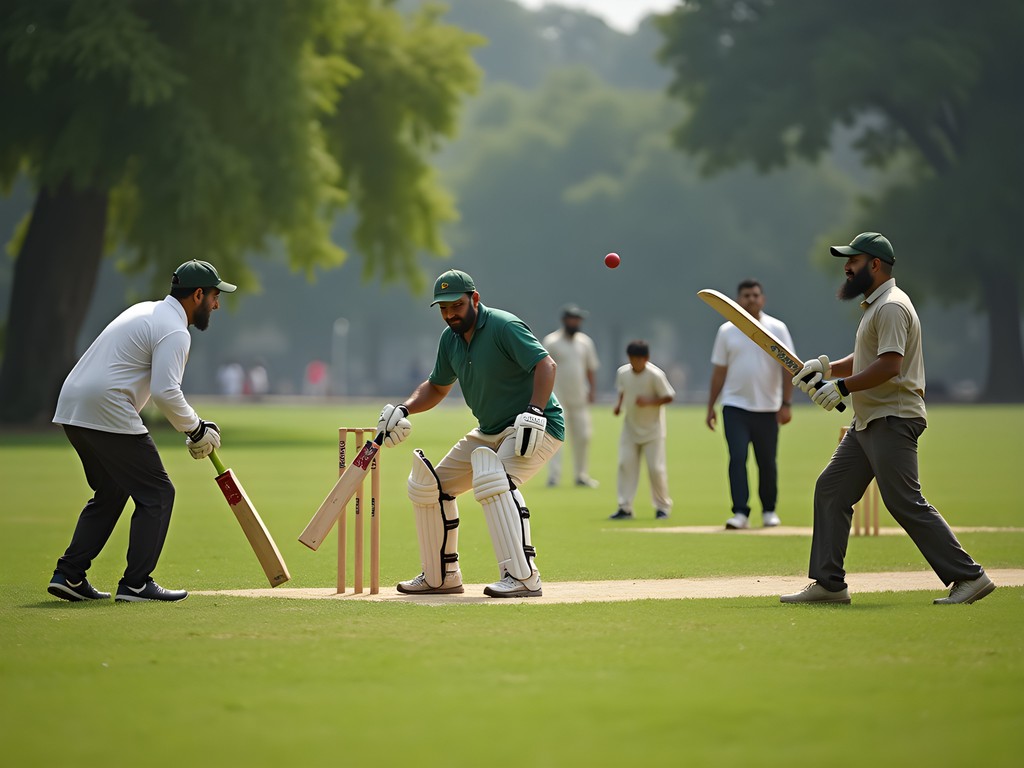
💡 Pro Tips
- Bring small, meaningful gifts from your hometown to share with those who show hospitality
- Attend the English conversation meetups at Deewan-e-Aam on Thursdays for authentic local interaction
- Learn about cricket basics before visiting – it's an instant conversation starter throughout Pakistan
Cultural Protocols: Navigating Social Expectations
In legal proceedings, understanding procedural rules is essential for successful navigation. Similarly, Lahore's cultural protocols require careful attention to move respectfully through social spaces. As a foreign visitor – particularly one from a Western country – I found myself under subtle observation. How I conducted myself either reinforced or challenged preconceptions about Americans.
Dress code serves as the most visible signal of cultural respect. I adopted local attire for many outings, purchasing several shalwar kameez outfits from Bohri Bazaar. These comfortable, loose-fitting garments proved perfect for Lahore's climate while demonstrating cultural sensitivity. When visiting mosques or religious sites, I carried a lightweight scarf to cover my head when appropriate.
Gender dynamics require particular awareness. In more conservative areas, direct eye contact or casual conversation with women may be misinterpreted. I adopted the local custom of speaking primarily with male family members first, allowing them to include female relatives in conversation at their discretion. This wasn't about reinforcing inequality but respecting local norms while a guest in their culture.
Religious practices infuse daily life in Lahore. The five daily calls to prayer create a beautiful rhythm, though they required adjustment to my schedule. During Ramadan, eating publicly during daylight hours would be disrespectful, even for non-Muslims. Understanding Islamic dietary restrictions also prevented awkward situations – I learned to ask about alcohol and pork products even in seemingly cosmopolitan establishments.
Perhaps most importantly, I discovered the significance of verbal formulas in Pakistani culture. Conversations begin with elaborate greetings and well-wishes that initially seemed excessive to my efficiency-oriented American mindset. However, I came to appreciate how these rituals establish respect and goodwill. The phrase Inshallah (God willing) accompanies future plans, recognizing human limitations in controlling outcomes – a humbling perspective for someone accustomed to precise scheduling.
My judicial training to remain impartial served me well when navigating political discussions. Pakistani politics features passionate perspectives, and as a guest, neutrality and listening proved the wisest approach. When asked directly about American policies, I emphasized my personal perspective rather than presenting myself as representing my country's official positions.
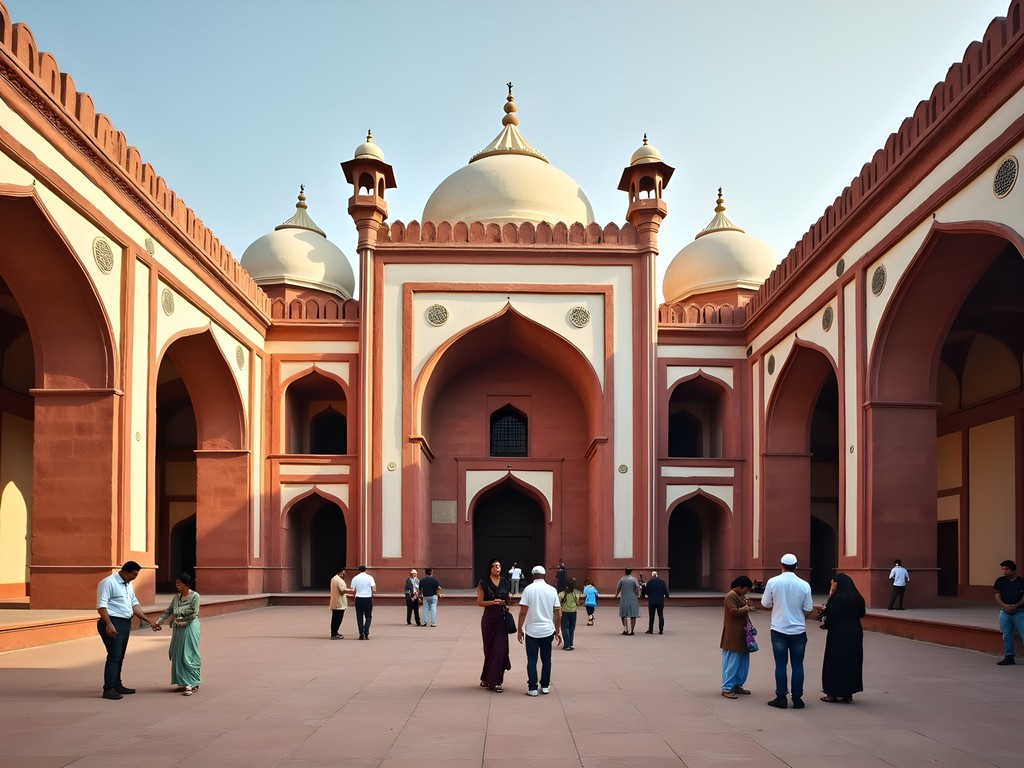
💡 Pro Tips
- Purchase and wear local attire (shalwar kameez) for comfort and cultural respect
- Learn key Islamic phrases like 'Assalamu alaikum' (peace be upon you) and 'Shukria' (thank you)
- Respect prayer times when planning site visits, as some locations close briefly during prayers
Beyond the City: Day Trips that Reveal Punjab's Soul
While Lahore captivated me, the surrounding Punjab region offered complementary evidence of Pakistan's cultural depth. Just as a good legal argument requires supporting documentation, understanding Lahore benefits from contextualizing it within the broader regional landscape.
The most compelling day trip was to Harappa, one of the world's oldest urban settlements dating to the Indus Valley Civilization (circa 2600 BCE). Standing amid these ancient ruins, I contemplated how this sophisticated society created advanced urban planning and drainage systems when much of the world lived in primitive conditions. The on-site museum houses remarkable artifacts that testify to their technological advancement. I documented this experience with my travel camera, which proved perfect for capturing both detailed artifacts and sweeping archaeological landscapes.
For natural beauty, the Lahore-Islamabad highway leads to the Salt Range – a geological wonder where salt has been mined since Alexander the Great's time. The sacred Katas Raj Temples complex nestled within these hills features a pond said to have formed from the tears of Shiva, demonstrating the region's religious diversity before partition. Here, unlike Lahore's urban energy, contemplative silence allowed for reflection on the subcontinent's complex religious history.
Closer to Lahore, Jehangir's Tomb and the surrounding Shahdara Bagh gardens provided a peaceful counterpoint to the city's intensity. The marble inlay work rivals anything I've seen at the Taj Mahal, yet with remarkably few visitors. I spent a tranquil afternoon sketching architectural details while local families enjoyed picnics nearby – a reminder that these monuments remain living spaces rather than mere tourist attractions.
For these excursions, I hired Faisal, a driver recommended by my hotel, who became both guide and cultural interpreter. His reasonable daily rate (approximately 5000 Pakistani rupees) included fuel and his invaluable local knowledge. As a father himself, our conversations about raising children across different cultures added meaningful dimension to the journey.
While independent travel is possible, having a trusted local companion streamlined logistics and provided cultural context I would have otherwise missed. Each of these excursions revealed different facets of Punjab's character – from ancient history to geological wonders to Mughal splendor – creating a more complete understanding of the forces that shaped Lahore's unique identity.
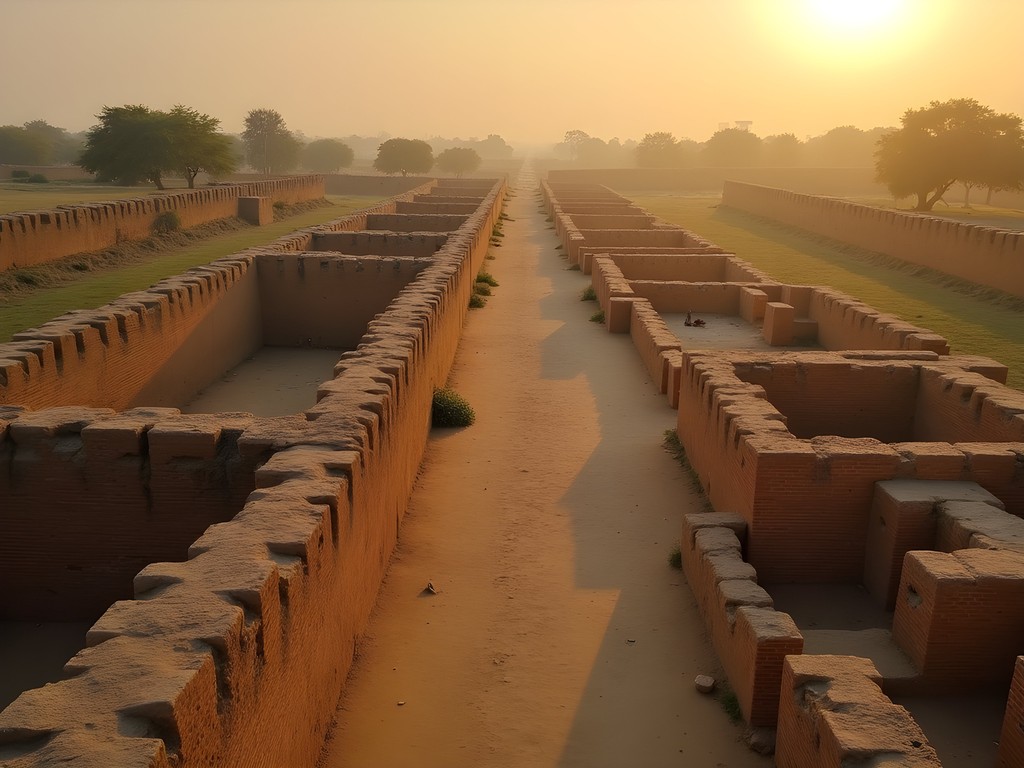
💡 Pro Tips
- Visit Harappa early in the day (opening at 8:30am) to avoid midday heat at the exposed archaeological site
- Bring small denominations of cash for rural areas where card payment isn't available
- Ask your hotel to arrange a trusted driver for day trips rather than using ride-sharing apps for longer journeys
Final Thoughts
As my two weeks in Lahore concluded, I found myself delivering a mental summation as I would in court – weighing the evidence of my experiences against preconceptions. The verdict was clear: Lahore had presented an overwhelming case for its place among the world's great cultural capitals, not despite its contradictions but because of them. The city's ability to maintain ancient traditions while embracing modernity offers a compelling model of cultural continuity worth studying. While video calls with Amara helped ease the parental guilt of traveling solo, I'm already planning our return together when she's a bit older, confident that Lahore's warmth extends especially to children. For those willing to venture beyond well-worn tourist circuits, Pakistan offers rewards that far outweigh the additional preparation required. In the courtroom of travel experiences, Lahore's case for cultural immersion stands uncontested.
✨ Key Takeaways
- Lahore rewards thorough preparation with cultural experiences impossible in more tourist-oriented destinations
- Genuine connections with locals transform the experience from observation to participation
- Pakistan's rich history provides context that challenges and enriches Western perspectives
📋 Practical Information
Best Time to Visit
October-November or February-March
Budget Estimate
$50-75/day including mid-range accommodation, meals, and local transport
Recommended Duration
Minimum 5 days in Lahore, 2 weeks ideal for including day trips
Difficulty Level
Moderate
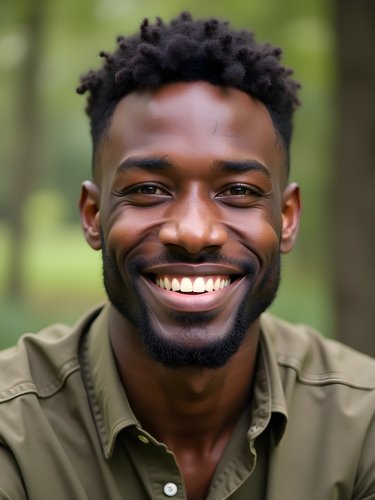
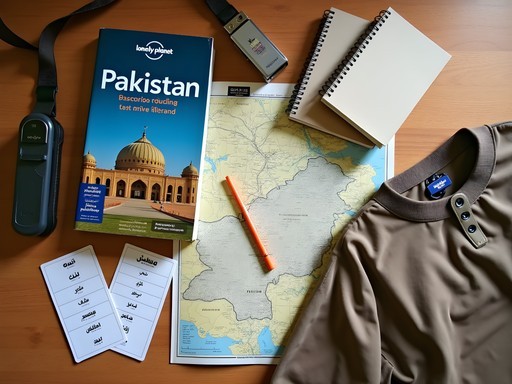
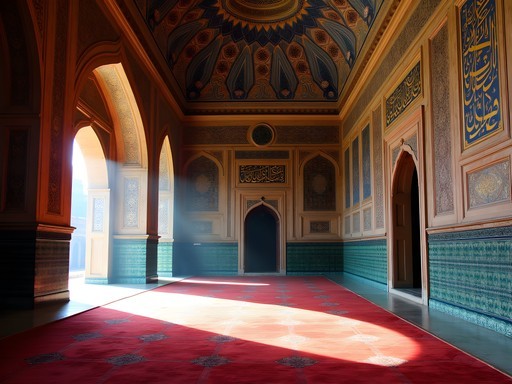
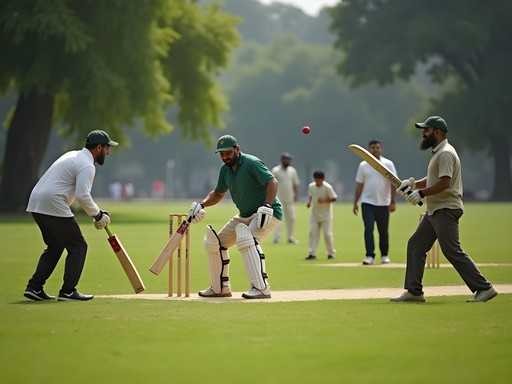
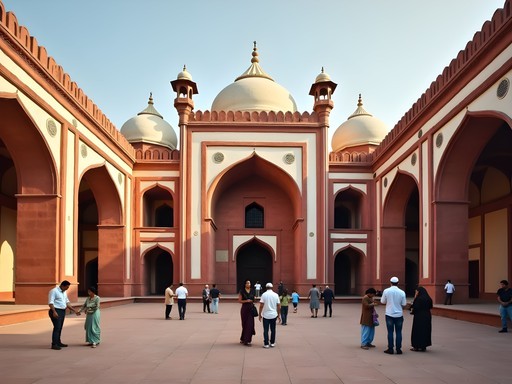
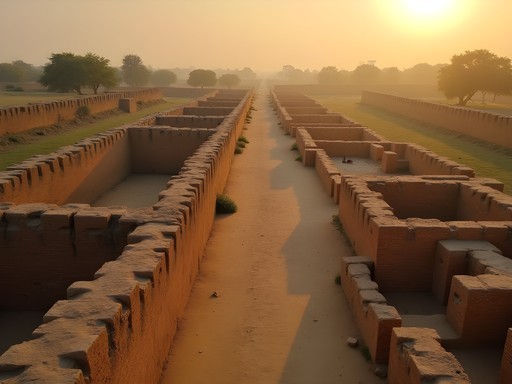


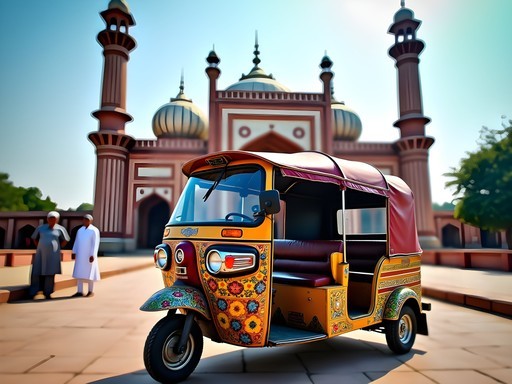
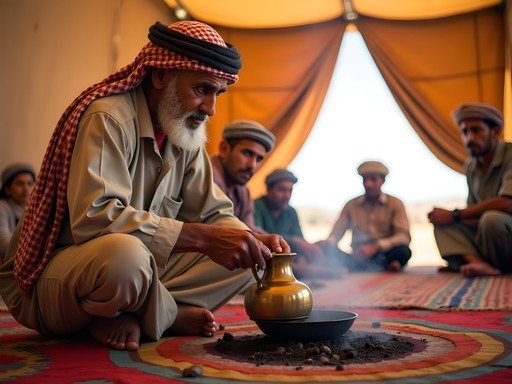
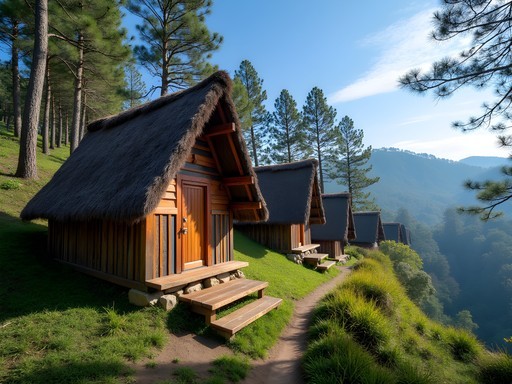
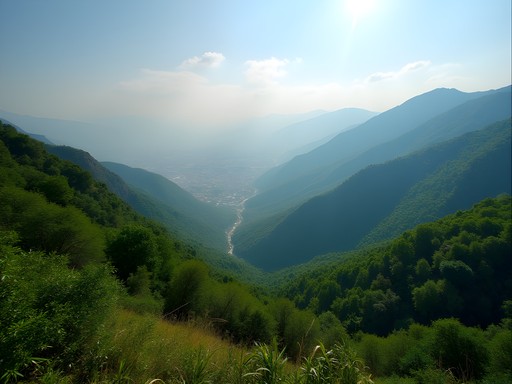
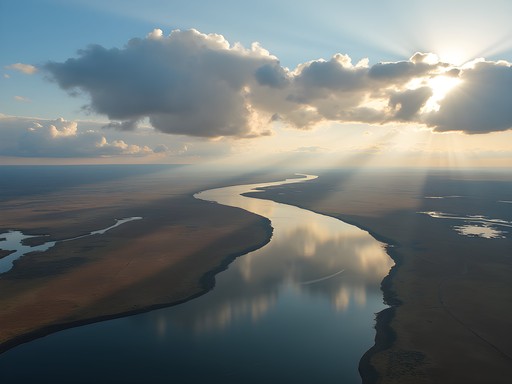
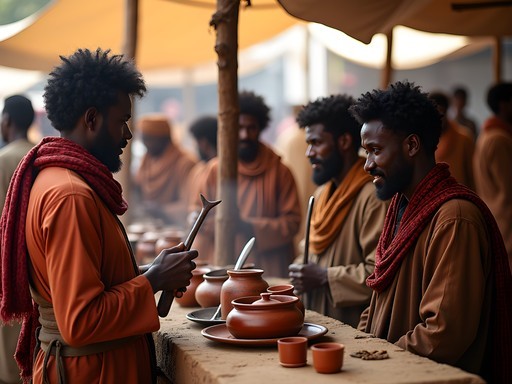
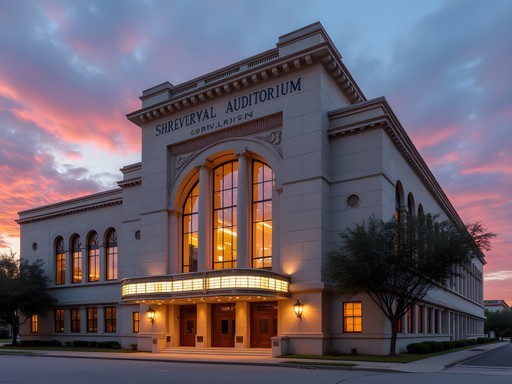
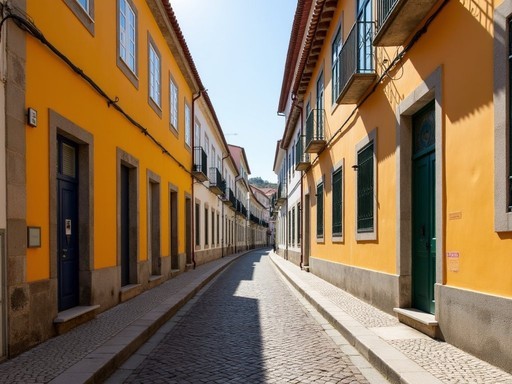
Comments
hikinglife
YES! Pakistan is so underrated!! The food alone is worth the trip. Did you try the nihari in the old city? Game changer. Also the Lahore Fort at sunset is incredible. So glad more people are writing about traveling there beyond the typical stereotypes 👏
tripone
the architecture photos are stunning
escapewanderer
Love this! Going on my travel list
Savannah Torres
As a fellow parent traveler, I love that you brought Amara along for this! My twins are 7 and 9 now, and I'm always looking for destinations that offer genuine cultural learning opportunities beyond the typical tourist trail. Your section on cultural protocols was so helpful - I screenshot it for future reference. How did you prepare Amara for the differences in dress codes and social interactions beforehand? We're considering Pakistan for next year and I'd love to know how you approached those conversations with her age group.
dreamqueen
Great question! I'm wondering about this too for when I have kids
smartpro
What about safety? I keep hearing mixed things about traveling in Pakistan. Did you feel safe the whole time?
Logan Dixon
Completely safe in Lahore. It's important to distinguish between different regions - Lahore is very different from border areas. I did my research, registered with my embassy, and stayed aware of my surroundings as I would in any major city. The biggest 'danger' was overeating from all the hospitality!
Douglas Bradley
Echoing this. Lahore felt safer than many major cities I've visited. The media narrative doesn't match the ground reality in most of Pakistan's urban centers.
Douglas Bradley
Really appreciate the nuanced approach here, Logan. The section on cultural protocols is particularly valuable - too many travel writers gloss over these details. I spent time in Peshawar and Islamabad last year and found that understanding the social expectations around hospitality (especially the tea ritual) opened so many doors. One thing I'd add for readers: the concept of 'Pakistani time' is real, but it's not disrespectful - it's a different cultural relationship with scheduling. Patience and flexibility are essential. Also, your point about dress codes is spot-on. I wore shalwar kameez most of the time and the response from locals was noticeably warmer.
freeperson
THIS IS SO COOL!! Pakistan is totally on my bucket list now. The photos are gorgeous and I love that you brought your daughter along. More people need to write about places like this instead of the same old destinations!
islandguide
Really cool perspective!
Taylor Moreau
Excellent piece, Logan. I was in Lahore for a conference three years ago and your observations about the Old City resonate deeply. The Walled City is absolutely extraordinary - I'd add that hiring a local guide through the Walled City Authority made an enormous difference in understanding the historical context. The food street near Badshahi Mosque at sunset is something every visitor should experience. Did you manage to visit the Lahore Museum? Their Gandhara collection is world-class.
Logan Dixon
Yes! The museum was incredible. We spent an entire afternoon there. Amara was fascinated by the Fasting Buddha sculpture. Great tip about the Walled City Authority guides - ours was phenomenal.
roamdiver
How did you find traveling with your daughter there? Been thinking about taking my kids to South Asia but nervous about it
Logan Dixon
Amara absolutely loved it! Pakistanis are incredibly welcoming to families. Just be prepared for lots of attention - people wanted photos with her constantly (always asked permission first though). The hospitality culture there really extends to children.
roamdiver
thats really reassuring, thanks!
Venture X
Premium card with 2X miles, $300 travel credit, Priority Pass